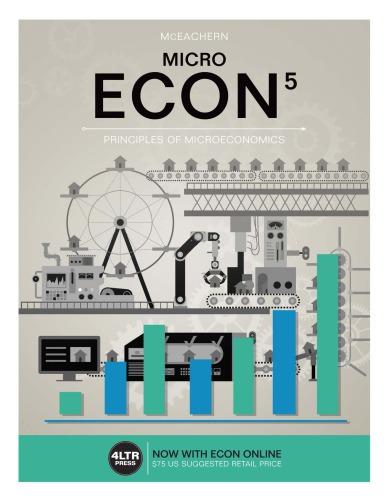Question
1.Suppose there are two kinds of health risks, frail (F) and robust (R).Seventy-five percent of the population is R.The F have a .3 chance of
1.Suppose there are two kinds of health risks, frail (F) and robust (R).Seventy-five percent of the population is R.The F have a .3 chance of getting sick enough to need an operation which would cost $10,000, and the R have a .1 chance of needing the same level of care.
a.what would the community rated per person premium (CR) be if all people could be assured of buying health insurance with their own money?
b.Now suppose half of the F are very poor and cannot afford the community rate.What will happen to the CR in equilibrium in this case?
c.Explain why:
i.Subsidizing the poor F enough to afford health insurance will raise the community rate
ii.IF F and R could be perfectly segmented or separated (as in the pre-ACA world), the premium charged to F would be exactly how much more than the rate charged to the R?
d.Calculate the loss in consumer surplus to the Rs of requiring community rated pricing and subsidizing the poor F so they too could purchase full insurance, compared to the R premium in c.ii?
e.Suppose the taxes to allow poor F to buy insurance must be raised from the R, and that is an amount = TAX1.How much (at least) must a majority of R's value guaranteeing health insurance for all to vote for politicians who would implement such insurance rules and taxes+subsidies?Under what circumstances might this vote still be considered as "rational self-interest" from an R's point of view?What does an R's average risk aversion have to do with this?
Step by Step Solution
There are 3 Steps involved in it
Step: 1

Get Instant Access to Expert-Tailored Solutions
See step-by-step solutions with expert insights and AI powered tools for academic success
Step: 2

Step: 3

Ace Your Homework with AI
Get the answers you need in no time with our AI-driven, step-by-step assistance
Get Started


